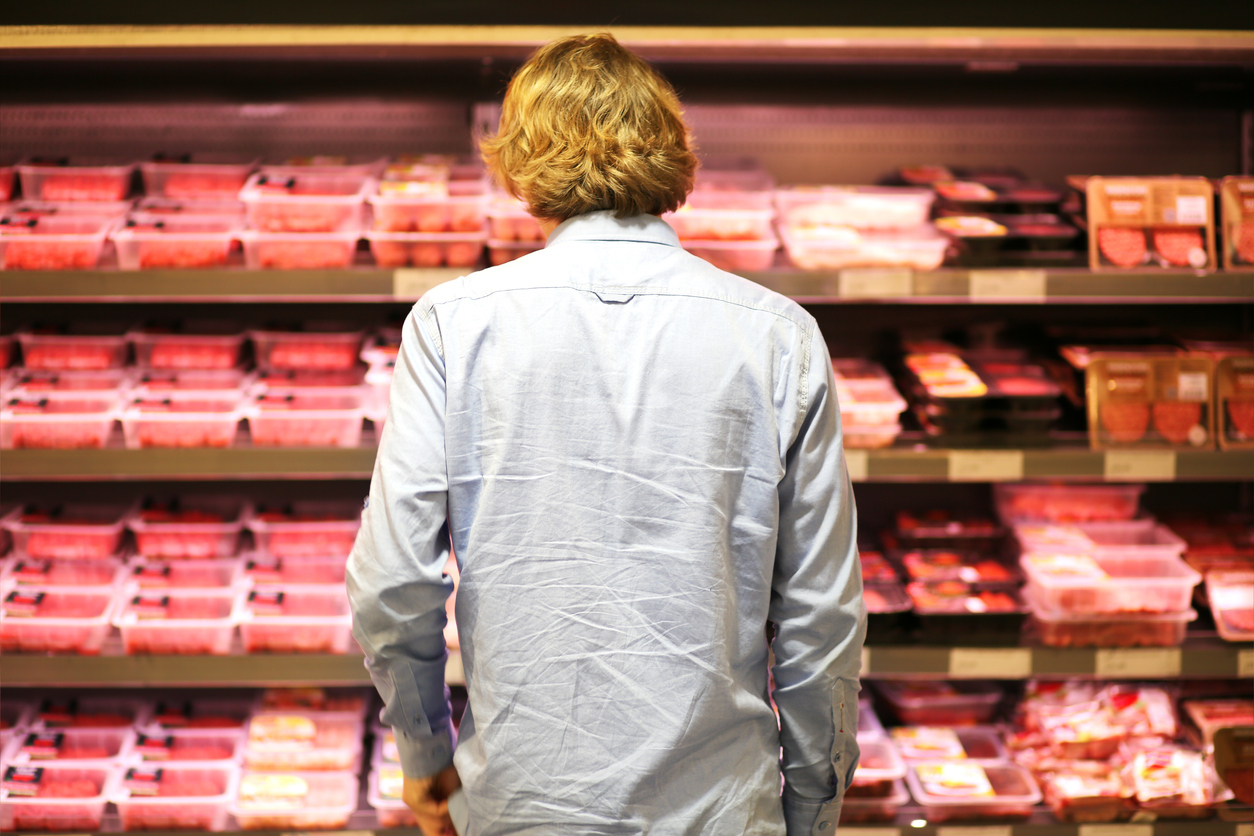What does the SEC have to do with farming anyway?

The Securities and Exchange Commission isn’t usually associated with a discussion of agriculture or greenhouse gas emissions. A recent proposal might change that.
The SEC has proposed businesses begin disclosing their “climate-related risks” by tracking greenhouse gas emissions (GHG) throughout their value chain to investors. This proposal includes agriculture and presupposes businesses have control over, and the ability to track, how everyone in a supply chain from the truck driver, food processor, or grocery store to consumer emit GHGs.
The food supply chain within the United States is largely made up of small- to mid-sized farms that send their products to processors to be made into something else. For example, in Washington state, we have several wheat growers. Those wheat growers produce the grain that is sent to a flour mill. The mill turns the wheat berries into flour. The flour is shipped to a commercial bakery to be made into bread before being purchased and shipped to a grocery store for consumers to then buy.
Generally, once wheat leaves possession of the wheat grower, the grower has no control over what happens to their product. However, the proposed SEC rule would require the wheat grower to track and report the “climate-related risks” for their business and every other business or individual that was involved with their wheat, including the consumer.
Given the scale of the requirements in the proposed SEC rule, small- and mid-sized farms would eventually be squeezed out of the business landscape by the costs of tracking GHG emissions on that scale. In the wake of those small- and mid-sized farms being sold, large, consolidated farms would emerge to take their place.
As recent history has shown in the meat packing industry, when consolidation occurs in agriculture, it may be profitable for those businesses, but it is not in the best interest for consumers. Competition in the marketplace breeds honesty, innovation, lower costs, and a willingness to adapt to consumer needs, consolidation results in stagnation and higher food costs.
The proposed SEC rule could still be saved by simply exempting agriculture from the requirements or, at least, acknowledging the voluntary strides agriculture has made toward cutting GHG emissions industry wide. In the last 30 years animal agriculture has increased production while decreasing its carbon footprint in every major category – beef (production +18%; emissions -11%); pork (production +77%; emissions -21%); dairy (production +51%; emissions -26%). Similarly, farmers have seen available land decline by 30 million acres in the last 30 years, but they are producing about 1.5 times more food with the same inputs in that same timeframe.
The bottom line is the proposed SEC rule is out of touch and beyond the scope of its expertise. The primary function of the SEC is to “protect investors by enforcing our nation’s securities laws, taking action against wrongdoers, and overseeing our securities markets and firms to ensure that investors are treated fairly and honestly,” not to track GHG emissions in business supply chains.





